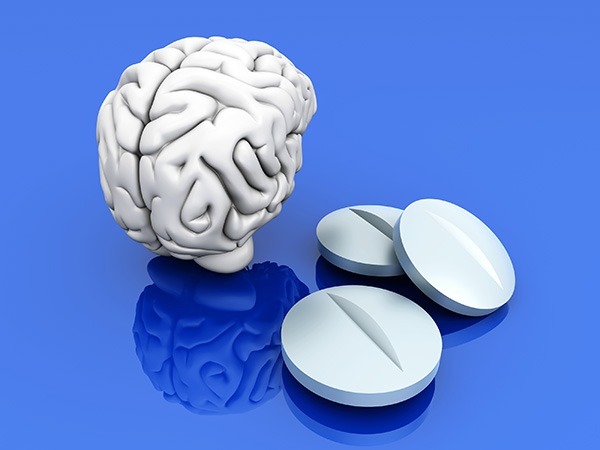Posts Tagged ‘Working-memory’
Debate: Should heads of state and candidates to high office pass a cognitive/ mental fitness test?
Wow, that was quite a discussion over at Facebook groups on Neuroscience, Neuroplasticity, Psychiatry & Clinical Psychology, Singularity and beyond as a response to the question Should heads of state and candidates to high office pass a cognitive/ mental fitness test? Here are (lightly edited, randomly ordered, anonymized) some of the sharpest comments among the 100+…
Read MoreLarge UC study to investigate when and how brain training transfers (or does not) to broader cognitive and health benefits
Nationwide project seeks to understand how brain exercises produce cognitive benefits (UC press release): How does memory training lead to cognitive benefits? Aaron Seitz, director of the Brain Game Center for mental fitness and well-being at the University of California, Riverside, has wrestled with this question for several years. Now he and Susanne Jaeggi, an associate professor…
Read MoreUpdate: Repetitive negative thinking may increase (or perhaps be caused by) Alzheimer’s pathology
Time for a new edition of SharpBrains’ e‑newsletter, featuring this month 13 research findings, resources and brain teasers for lifelong brain and mental health. #1. “We found that people who exhibited higher repetitive negative thinking patterns experienced more cognitive decline over a four-year period. They also had specific declines in memory (which is an early sign…
Read MoreQuick brain teasers to exercise your working memory
Draw the letter J in your mind. Now draw the letter D. Turn it 90 degrees to the left and put it in top of the J. What does this shape resemble?
Read MoreWhy stress regulation and working memory are core building blocks of lifelong resilience
How anxiety affects your focus (BBC Worklife): Feel like you can’t concentrate on anything at the moment? You’re not alone. The extra anxiety caused by the Covid-19 pandemic has impaired our working memory, experts say … What’s happening is a malfunction of working memory: the ability to grasp incoming information, form it into a cohesive thought,…
Read MoreStudy finds mixed results of Adderall as cognitive enhancer (seems to boost emotion more than cognition)
Over the past 15 years there has been growing awareness that many college students without an ADHD diagnosis use ADHD drugs. On some campuses, rates of self-reported non-medical use have exceeded 30% of students. The primary reason students report taking ADHD drugs is to enhance their academic performance. And, the strong majority of students —…
Read More





